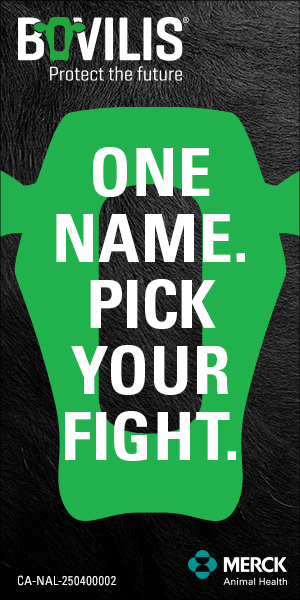AB Direct - Steers
Rail: 496.00-500.00 del
AB Direct - Heifers
Rail: 496.00-500.00 del
US Trade- Steers
Rail: 368.00-370.00 (IA, NE)
US Trade - Heifers
Rail: 368.00-370.00 (IA, NE)
Canadian Dollar
0.22
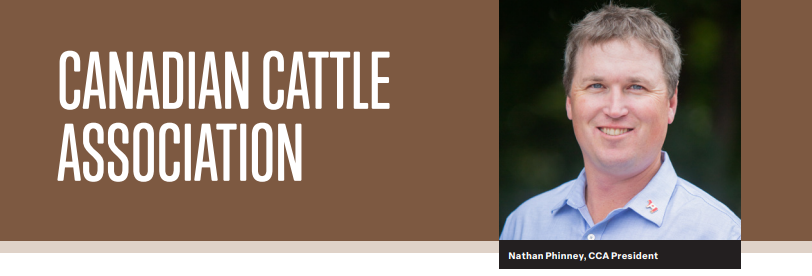
2023 Annual Report: Canadian Cattle Association
This message was originally posted in Alberta Beef Producers’ 2023 Annual Report. You can find the PDF of the report here.
It’s a privilege to share my first report as President of the Canadian Cattle Association (CCA) with beef producers from Alberta.
This year has brought many challenges for beef producers across the country. It’s ranged anywhere from adverse weather conditions to potential impacts of government policies on our sector to disappointing trade negotiations. I am proud of the work that CCA has done to face these challenges, while working in stride with our provincial associations every step of the way, like the Alberta Beef Producers (ABP).
This year has been packed with advocacy initiatives and travel opportunities to represent the Canadian beef industry at key events across the country and globally to share our story. While there has been no shortage of challenges across our key policy files, there are plenty of bright spots that are also important to mention.
Adverse Weather
Top of mind this past year has been uncertainty due to adverse weather conditions that plague farmers and ranchers across Canada. CCA has monitored the situation closely along with our provincial member associations to better understand the impacts on cattle producers and the support needed.
In late August, the initial regions eligible for the Livestock Tax Deferral (LTD) provision were announced and was welcome news to producers in western Canada. We are aware from conversations around our board table and with provincial member associations that some impacted areas were not included in the preliminary list. Work continues to ensure all impacted producers are eligible for this provision. CCA advocacy efforts moving into the fall session of Parliament will include making the LTD provision a more effective tool for producers and reducing unnecessary delay.
CCA continues to advocate for AgriRecovery support to come through as soon as possible.
Animal Health and Care
From an animal health and care perspective, our focus this spring was responding to the proposed changes to the Health of Animals Section XV Regulations on Animal Identification and Traceability. Traceability is a critical component of foreign animal disease preparedness, and it was important to voice
the beef sector’s concerns with the Canadian Food Inspection Agency (CFIA) through this consultation. Our concerns focused on the high costs associated with implementing these changes and the feasibility for producers. CCA also provided recommendations to enhance these regulations and aid in delivery and compliance. CFIA is now considering all the input they received. CCA continues to engage the CFIA to see what the next steps look like.
We were also pleased to see Federal Budget Day 2023 bring good news for the Canadian beef industry with an investment of $57.5 million over five years to establish a Foot and Mouth Disease (FMD) vaccine bank and develop emergency response plans. CCA advocated tirelessly over this last number of years for a federally funded FMD vaccine bank and was an urgent advocacy priority in 2022.
With the ongoing threat of FMD remaining high, the establishment of this vaccine bank will help provide our industry with one of the tools needed to regain Canada’s export markets if FMD finds its way here. While we hope the bank and emergency response plan is never needed, we welcome its introduction and look forward to working with the CFIA on its implementation.
Foreign Trade
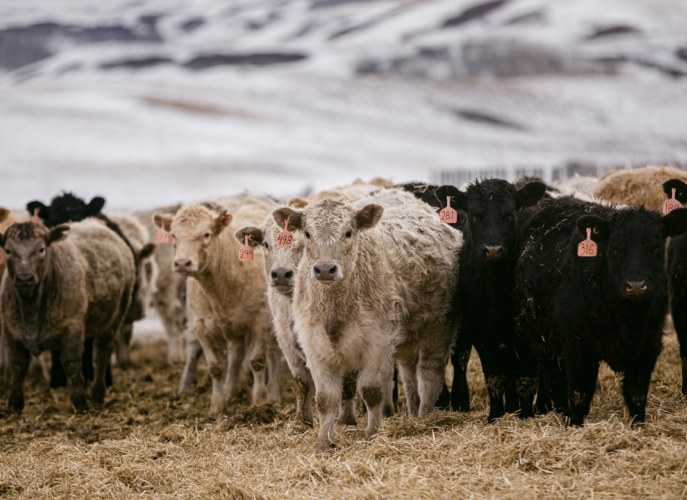
The trade file kept the CCA board and staff busy for most of the year with issues that can threaten our ability to export Canadian beef – even through the summer months. Exports of Canadian beef bring significant added value to our industry and cattle producers.
Early in the year Bill C-282: An Act to amend the Department of Foreign Affairs, Trade and Development Act (supply management) gained momentum and received multi-party support. This Bill, which takes supply-managed sectors off the table during trade talks, has the potential to severely damage our trade relationships and highly constrain the Government of Canada’s ability to launch, negotiate and renegotiate the best deals for all of Canada. The Bill is now in the Senate, and our advocacy efforts against Bill C-282 continue alongside our partners, including the Canadian Agri-Food
Trade Alliance (CAFTA).
We also continue to monitor the progress of the proposed amendment to “Product of the USA.” A cohesive “Team Canada” approach was taken as we worked with the Government of Canada and our industry stakeholders, to communicate our concerns with the proposed new requirements for the “Product of the USA” label and ensure that our consultation submissions were complementary.
We remain concerned that the proposed rule states that any beef product labelled as “Product of the USA” must be derived from cattle that are born, raised, slaughtered, and processed in the U.S. If this proposed rule is adopted, exports of Canadian beef and live cattle into the U.S. could be significantly impacted and the integrated nature of our North American supply chain would be threatened.
Our team has also dedicated significant time to defending the interests of Canadian beef producers in current trade negotiations – particularly when it comes to the United Kingdom (UK) and their accession to the Comprehensive and Progressive Agreement for Trans-Pacific Partnership (CPTPP).
Our strong position when it comes to trade, market access, and the progressive and positive success of CPTPP is the reason why we are opposing the UK accession to the CPTPP. Before Canada ratifies the deal, it is important that the staggering trade imbalance between cattle producers in Canada and the UK is addressed and the non-tariff trade barriers are resolved during the Canada-UK bilateral negotiations.
Last year, we didn’t export any beef to the UK while Canada imported $C33 million in beef from the UK. We are urging the Government of Canada to remove the UK’s trade barriers before ratifying the CPTPP and ensure meaningful and reciprocal access is achieved for cattle producers in Canada and the UK.
In early September, CCA in partnership with the National Cattle Feeders’ Association (NCFA) and the Canadian Meat Council (CMC), launched a campaign called “Say No to a Bad Deal” so grassroots producers and industry partners can tell our federal government that Canada needs to delay the UK joining the CPTPP until our barriers into the UK market can be addressed.
We are urging cattle producers and industry stakeholders to stand up for a fair trade deal for Canada by sharing their concerns with their Member of Parliament. It has not been all negative news on the trade front. In recent months, we have seen markets such as Japan and Taiwan lift remaining BSE-era restrictions following Canada’s attainment of BSE-negligible risk status by the World Organization for
Animal Health (WOAH) in 2021. The decision by Japan and Taiwan to grant full market access to Canadian beef may signal other countries in the Indo-Pacific region to follow suit.
The Environmental Stewardship Award
This year’s national Environmental Stewardship Award (TESA) was awarded to the Wray Ranch located in Alberta. It is very evident how responsible farming practices can go hand in hand with success and play an important role in navigating challenging years of extreme weather conditions.
Wray Ranch is owned and operated by Doug and Linda Wray, in partnership with their nephew, Tim and his wife, Joanne. They have been recognized for their commitment to sustainable cattle production with a focus on practices that enhance soil health and reduce erosion.
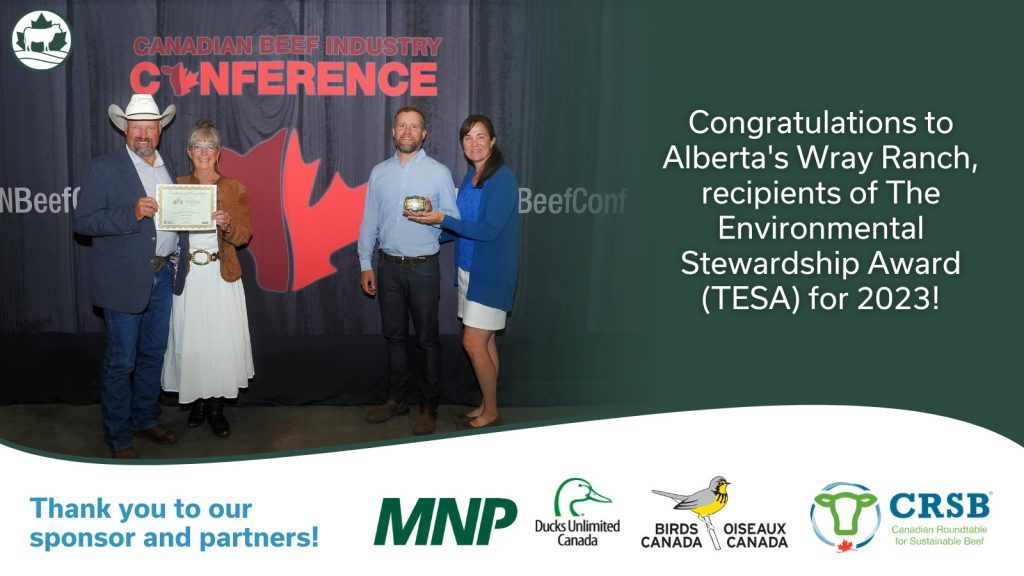
Investing in our Young Leaders
Over the past 13 years, the Canadian Cattle Young Leaders (CYL) program has seen over 180 graduates from across Canada, who are making positive contributions to the future success of our industry.
This year’s graduation ceremony was held at the Canadian Beef Industry Conference (CBIC) and
celebrated the successes, experiences, and learnings by program participants.
The Alberta CYL graduates for the 2022-23 program year are:
- Austin Ashbacher (Arrowwood), mentored by Jeff and Lyndsay Smith
- Carling Matejka (Ponoka) mentored by Clinton Monchuk and Anne Wasko
- Jill Renton (Cayley) mentored by Andrea Stroeve-Sawa
- Nicky Nixdorff (Airdrie) mentored by Sheila Jensen
- Russell Gallelli (Crossfield) mentored by Mike Panasiuk
The Canadian Cattle Foundation also unveiled the Reg Schellenberg Next Generation Legacy Award to support the Canadian CYL Program during the graduation ceremony. Each year, the award will honour a CYL graduate who embodies the same dedication, passion for the Canadian beef industry, and leadership qualities that the late CCA President, Reg Schellenberg did. The first recipient of the Reg Schellenberg Next Generation Legacy Award is Carling Matejka from Ponoka, AB. Congratulations Carling!
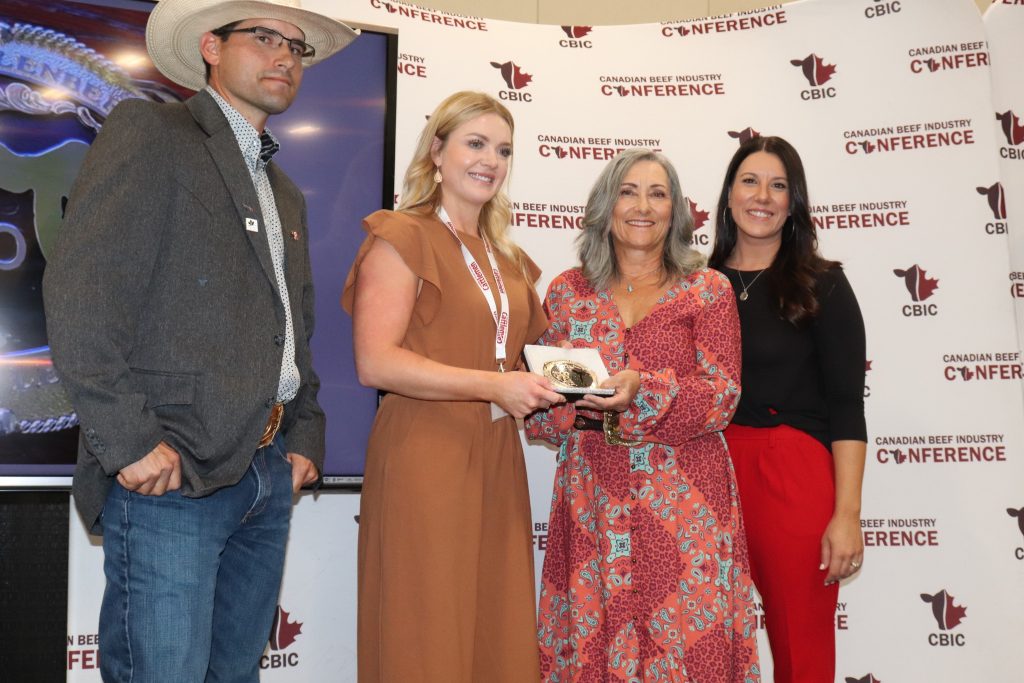
With the fall season upon us, we look forward to wrapping up 2023 by continuing our involvement in important policy conversations here at home and in international forums to share our industry’s positive story.
– Nathan Phinney, President, Canadian Cattle Association

